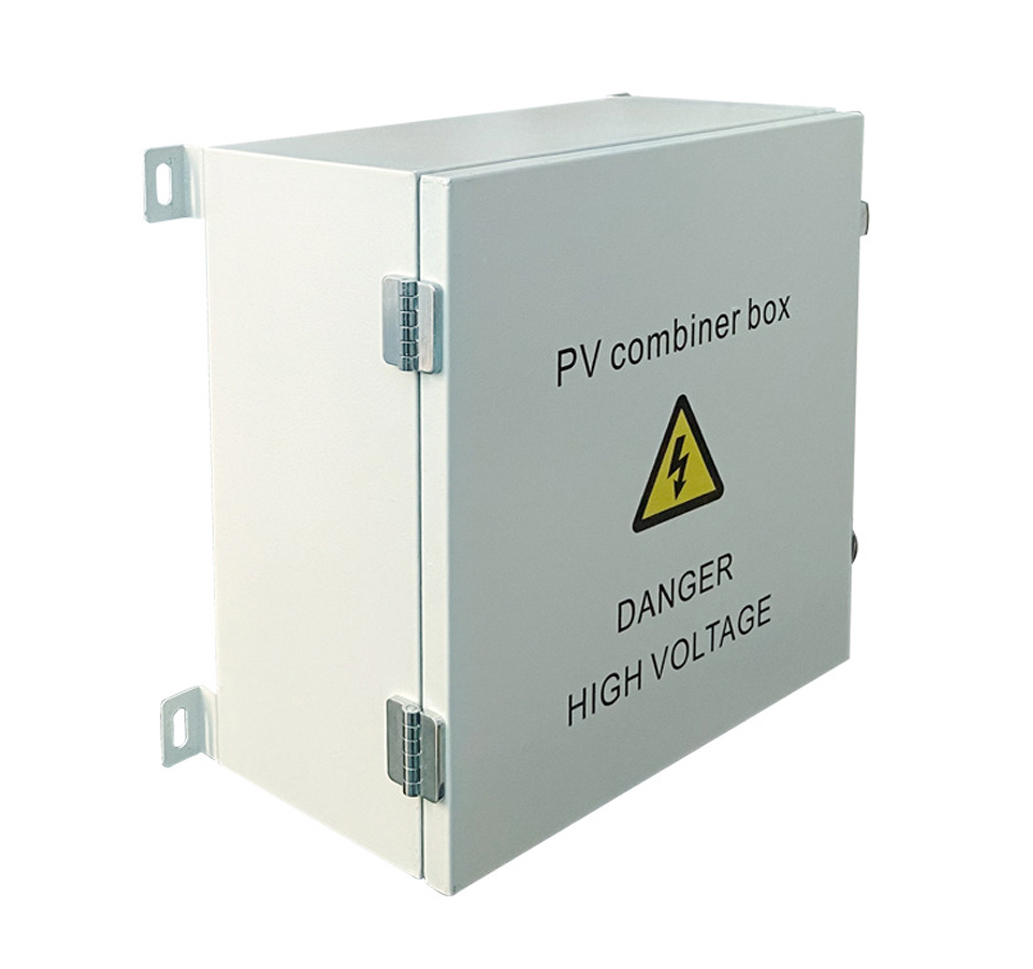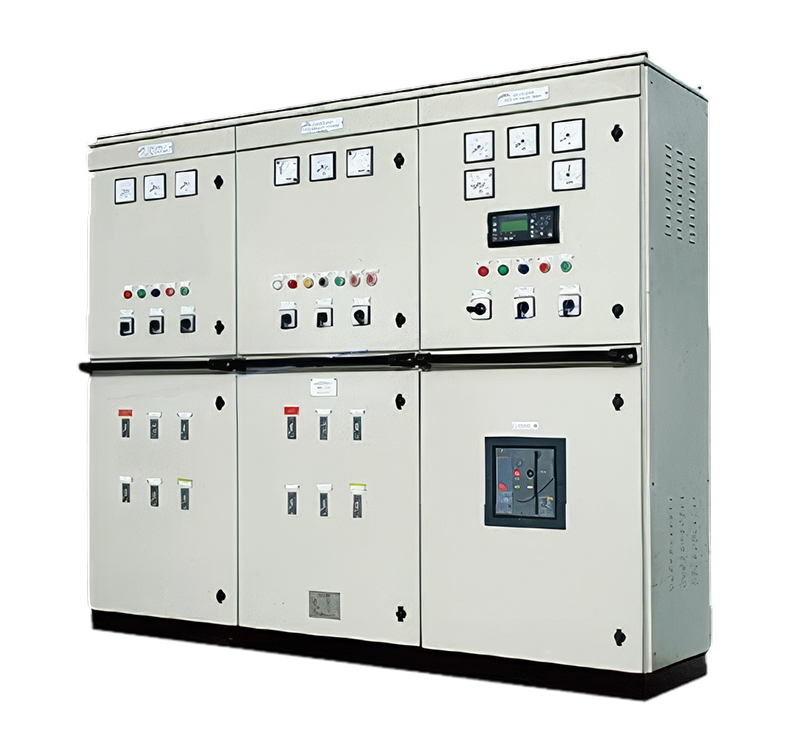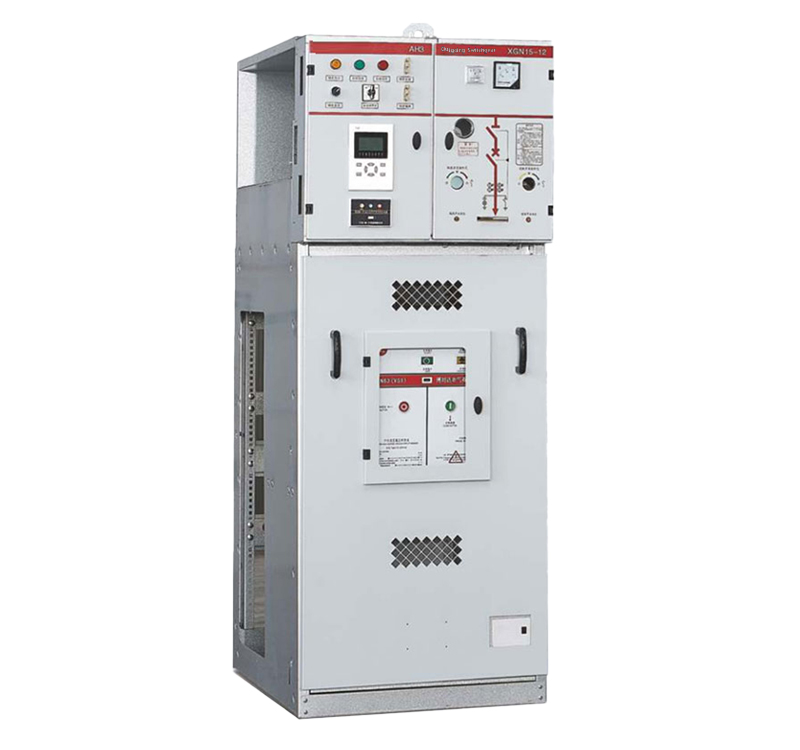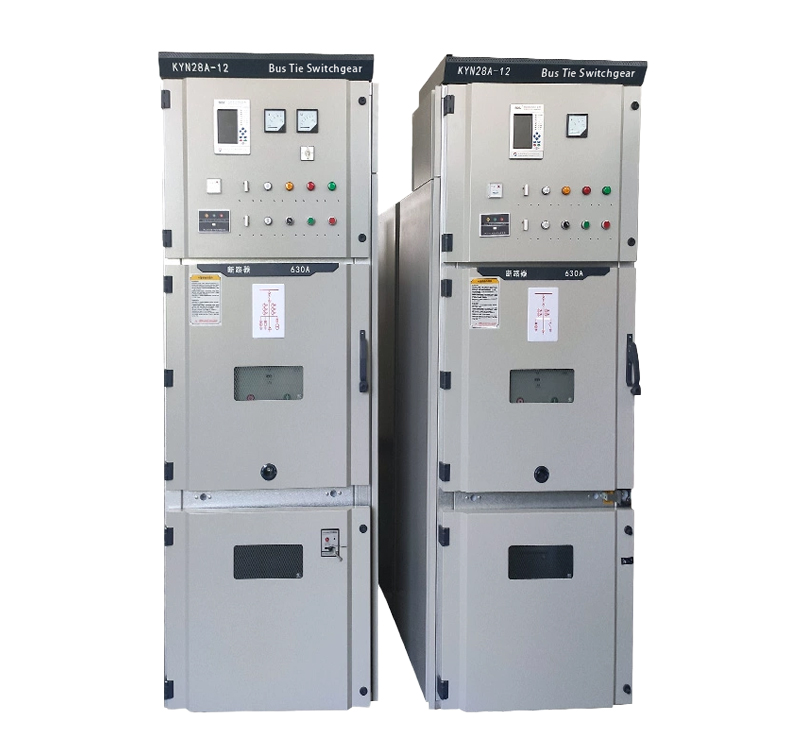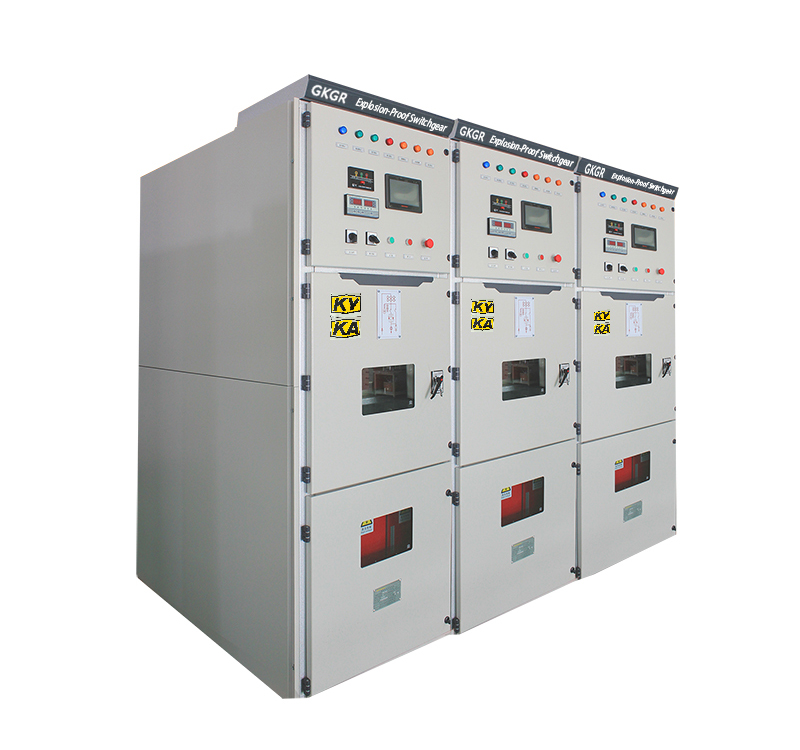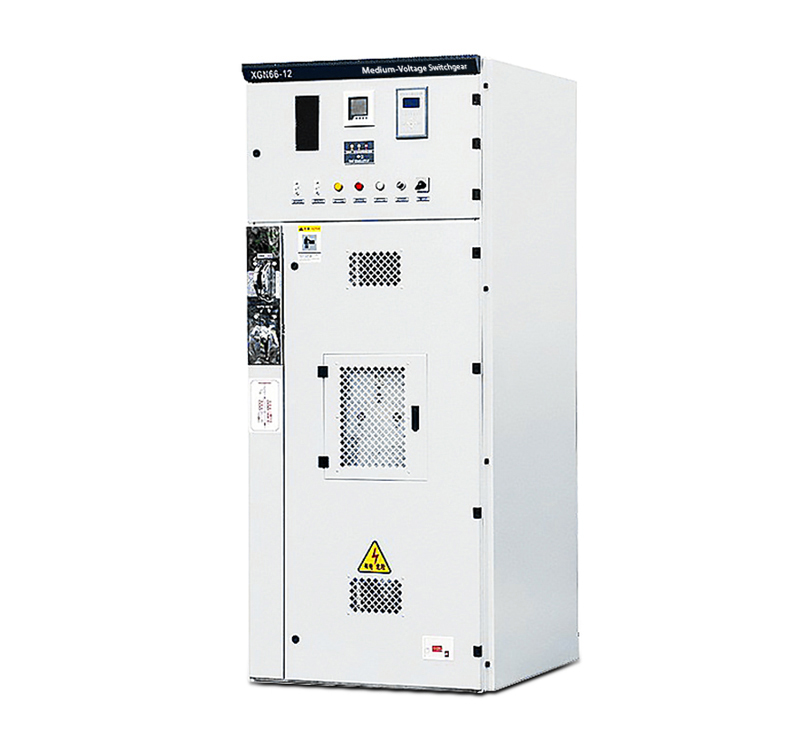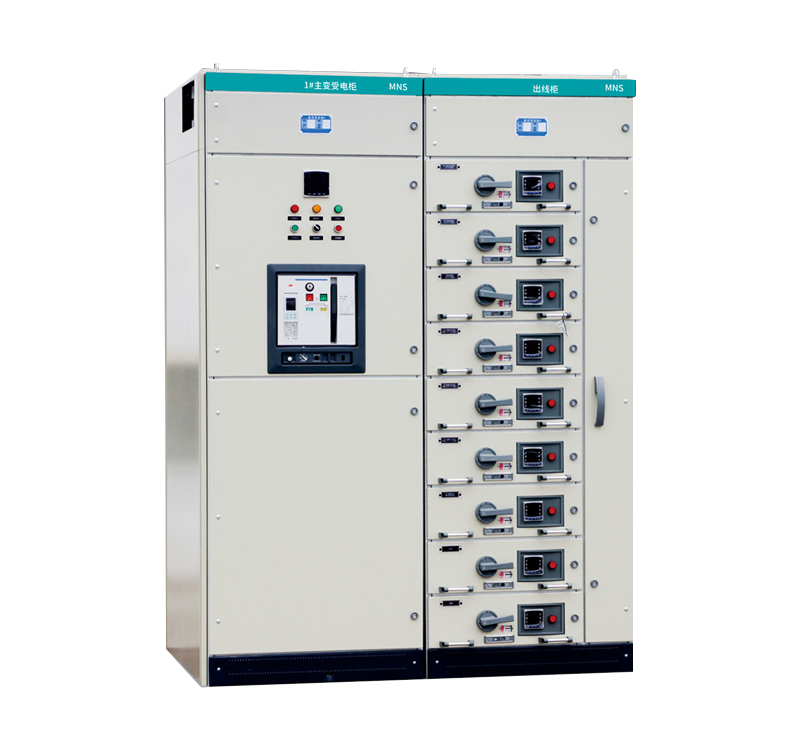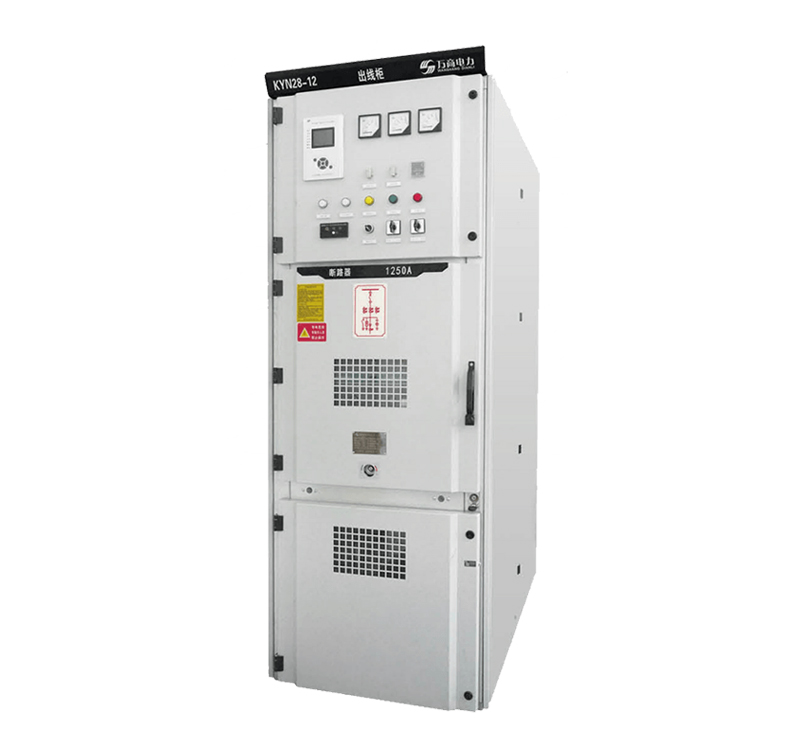
I. Overview of Switchgear
Switchgear, as a critical component in power systems, plays a vital role in power transmission, distribution, and control. With the continuous growth in global electricity demand and the advancement of grid construction, the market demand for switchgear has been steadily increasing, leading to an expansion in market size.
II. Analysis of the Current Development Status of the Switchgear Industry
2.1 Market Size and Growth
In recent years, the demand for switchgear has continued to rise, driving the expansion of the market. Data shows that in 2023, China’s switchgear market reached approximately RMB 270 billion, with a year-on-year growth rate of 8.9%. By 2025, with the rapid development of smart grids, renewable energy, and other sectors, the switchgear market is expected to further expand, demonstrating strong market demand.
2.2 Technological Advancements
Switchgear manufacturing involves multiple technical fields, including electrical, mechanical, and automation control, requiring high levels of technical expertise and manufacturing processes. With technological progress, modern switchgear is increasingly integrating advanced sensors, data acquisition, remote monitoring, and automatic control technologies, enhancing operational efficiency and reliability.
According to the *”2025-2030 China Switchgear Industry Development Trend Analysis and Investment Prospect Forecast Research Report”* released by the China Research Puhua Institute:
III. Market Size Analysis
3.1 Domestic Market Size
As the world’s second-largest economy, China’s rapidly growing power market and technological upgrades provide vast development opportunities for the switchgear industry. In recent years, domestic demand for switchgear has continued to rise, particularly in areas such as renewable energy integration and smart grid construction, where higher requirements for switchgear have driven market expansion.
3.2 International Market Size
From a global perspective, the switchgear market also shows a growth trend. By 2025, the global switchgear market is expected to achieve a certain compound annual growth rate (CAGR), with the market size potentially reaching new heights. This growth is driven by large-scale investments in power infrastructure in emerging economies and the urgent need for grid modernization and smart grid solutions in developed countries.
IV. Competitive Landscape Analysis
4.1 Key Manufacturers and Market Share
The switchgear industry features a relatively fragmented competitive landscape, with multiple strong players in the market. These manufacturers continuously enhance their competitiveness through technological innovation and market expansion to capture market share. Leading companies, in particular, hold dominant positions due to their advanced technologies, high-quality products, and superior services.
4.2 Characteristics of Market Competition
The switchgear market is highly competitive, with competition primarily focusing on product quality, technological level, pricing, and service. As competition intensifies, manufacturers must continuously improve their competitiveness to adapt to changing market demands. Additionally, customers’ increasing demand for customized and personalized switchgear solutions is driving companies to innovate in product and service models.
V. Analysis of Future Development Trends
5.1 Intelligent Development
Intelligentization is the mainstream trend in the future development of switchgear technology. Modern switchgear is gradually integrating advanced sensors, data acquisition, remote monitoring, and automatic control technologies. Through real-time monitoring and fault diagnosis, it can automatically adjust power flow and warn of potential failures, significantly improving the stability and reliability of power systems.
5.2 Environmentally Friendly Development
With growing global emphasis on environmental protection, particularly strict regulations on greenhouse gas emissions, the switchgear industry faces increasingly stringent environmental requirements. To reduce environmental impact, the industry is accelerating the development of eco-friendly alternatives, such as replacing traditional insulating gases with air or other harmless gases. This not only complies with environmental regulations but also reduces operational costs.
5.3 Increasing Demand for Renewable Energy Integration
With the widespread adoption of renewable energy, especially wind and solar power, the demand for switchgear is steadily increasing. As a critical component for integrating renewable energy into power systems, switchgear will experience sustained rapid growth in market demand, presenting new development opportunities for the industry.
5.4 Grid Construction and Upgrades
Globally, grid construction and modernization projects are continuously advancing. As an indispensable component of power systems, switchgear plays a crucial role in these initiatives. In the future, as grid construction progresses, the demand for switchgear will continue to grow, providing vast development space for the industry.
VI. Industry Challenges and Response Strategies
6.1 Technological Upgrades and Cost Control
The switchgear industry faces dual challenges of technological upgrades and cost control. To stand out in a competitive market, companies must invest in R&D to enhance technological capabilities while optimizing production processes to reduce costs and improve product competitiveness.
6.2 Changing Market Demands and Customized Services
Customers’ increasing demand for customized and personalized switchgear solutions imposes higher requirements on companies’ R&D and market expansion capabilities. Enterprises must closely monitor market trends, strengthen communication and collaboration with customers, and provide tailored services to meet diverse needs.
6.3 Changes in the International Trade Environment and Risk Management
Amid evolving international trade dynamics, the switchgear industry faces certain market risks. Companies must strengthen international trade cooperation, expand overseas markets, and enhance risk awareness to address challenges in the global trade environment.
6.4 Environmental Policies and Regulatory Compliance
With growing global emphasis on environmental protection, the switchgear industry must closely monitor changes in environmental policies and regulations to ensure compliance. At the same time, companies should prioritize sustainability, actively develop eco-friendly products and technologies, and promote the industry’s transition toward green and low-carbon development.
In summary, the switchgear industry in 2025 will encounter new opportunities and challenges. With the rapid development of smart grids, renewable energy, and other sectors, market demand for switchgear will continue to grow, further expanding the market size. Meanwhile, companies must continuously improve their competitiveness to adapt to evolving market demands and technological advancements. Looking ahead, the switchgear industry will maintain its growth trajectory, demonstrating broad development prospects. The industry is poised to achieve even greater accomplishments in the future!

